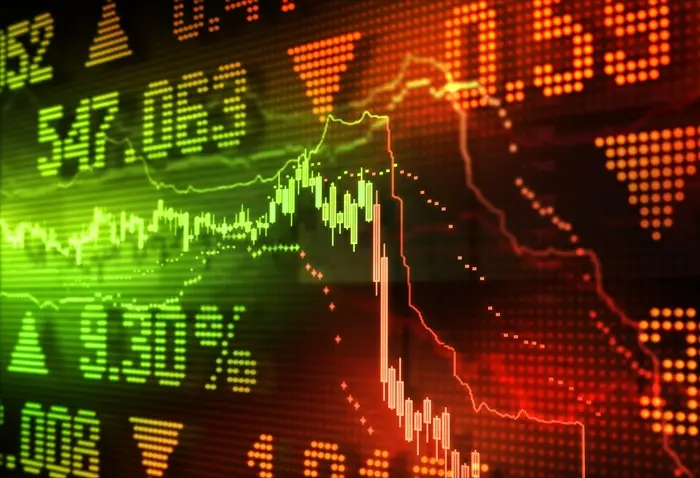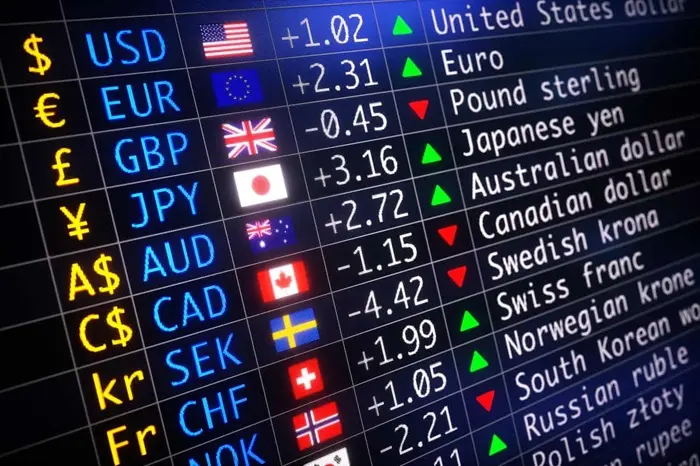When analyzing stocks and making investment decisions, understanding key financial metrics is essential. One of the most important metrics that investors often come across is market value. But what does “market value” mean in the context of stocks? In simple terms, market value refers to the current price at which a stock is bought or sold in the open market. However, it is much more than just a price tag. In the world of stock investing, market value plays a central role in determining the size, potential, and performance of a company.
This article will break down the concept of market value in stocks, explain how it is calculated, and highlight why it is important for investors. We will also explore related terms such as market capitalization and how market value influences stock prices and investment decisions.
What Is Market Value?
Defining Market Value
In the context of stocks, market value refers to the current price at which a stock trades on the open market. It is the value of a company based on the market’s perception of its worth at any given moment. Market value is determined by the supply and demand dynamics of the stock market. If more investors are willing to buy a stock, the price will rise, increasing the market value. Conversely, if there is less demand or more selling pressure, the stock price will fall, decreasing the market value.
Market value is also referred to as the “market capitalization” or “market cap,” which is a more precise and widely used term in financial analysis.
Market Value vs. Intrinsic Value
It’s important to distinguish between market value and intrinsic value. While market value reflects what investors are currently willing to pay for a stock, intrinsic value refers to the true or inherent value of a company based on its fundamentals, such as earnings, assets, and growth potential. Intrinsic value is more of an estimate made by analysts, and it can differ from the market value, which is influenced by market sentiment and other external factors.
Market Value vs. Book Value
Another important distinction is between market value and book value. The book value of a company refers to the net asset value (assets minus liabilities) that is recorded on its balance sheet. It provides an accounting measure of a company’s worth, but it may not fully reflect the company’s current market value, as it does not account for intangible assets, future growth prospects, or market sentiment.
Market Capitalization: A Key Measure of Market Value
What Is Market Capitalization?
Market capitalization, or market cap, is the total value of a company’s outstanding shares of stock, calculated by multiplying the current stock price by the number of shares outstanding. This figure provides a snapshot of a company’s size and market value.
Formula for Market Capitalization:
Market Capitalization=Stock Price×Number of Shares Outstanding\text{Market Capitalization} = \text{Stock Price} \times \text{Number of Shares Outstanding}
For example, if a company has 1 million shares outstanding and its stock price is $50, its market cap would be:
Market Capitalization=50×1,000,000=50,000,000\text{Market Capitalization} = 50 \times 1,000,000 = 50,000,000
Categories of Market Capitalization
Companies are often categorized into different market capitalization groups, which can provide investors with insights into the company’s size and growth potential. These categories include:
Large-Cap: Companies with a market capitalization of over $10 billion. These are typically established, stable companies that are well-known and financially solid. Examples include Apple, Microsoft, and Amazon.
Mid-Cap: Companies with a market capitalization between $2 billion and $10 billion. These companies often have significant growth potential but may carry more risk compared to large-cap stocks.
Small-Cap: Companies with a market capitalization of under $2 billion. These companies may have high growth potential, but they are also considered riskier and more volatile than larger companies.
Micro-Cap: Companies with a market capitalization of less than $300 million. These are very small companies with high risks but potentially high returns if successful.
Nano-Cap: Companies with a market capitalization of under $50 million. These companies are often in the early stages of development and are highly speculative.
Why Market Cap Is Important
Market capitalization is an important indicator of the size and stability of a company. It helps investors gauge the risk associated with investing in a particular stock. Generally, large-cap stocks are considered safer investments because they are more established, whereas small-cap stocks are often viewed as riskier but may offer higher growth potential.
Market cap also plays a key role in portfolio diversification. Investors may choose to allocate their funds across different market-cap categories to balance risk and reward.
How Does Market Value Affect Stock Price?
Supply and Demand
Market value is determined by the laws of supply and demand. In the stock market, if more investors want to buy a stock (demand) than sell it (supply), the stock price increases. Conversely, if more investors want to sell a stock than buy it, the stock price decreases. These shifts in price based on investor sentiment directly impact a company’s market value.
Investor Sentiment and Market Conditions
The market value of a stock is often influenced by broader market conditions and investor sentiment. For example, during periods of economic uncertainty, investors may be more cautious, leading to lower stock prices and decreased market value. In contrast, during periods of economic growth or bull markets, investor optimism can drive stock prices higher, leading to an increase in market value.
News and Events
Company-specific news, such as earnings reports, product launches, or management changes, can also significantly impact stock prices and market value. Positive news can drive stock prices up, while negative news can cause stock prices to fall. Additionally, geopolitical events, government regulations, and industry trends can influence market value.
Market Value Fluctuations
Market value fluctuates constantly as stock prices change. These fluctuations can happen in the short term due to market speculation or in the long term due to fundamental changes in the company’s financial health or business model. While short-term market value changes can be volatile, long-term trends in market value often reflect the overall growth or decline of a company.
Market Value and Its Role in Investment Decisions
Determining Investment Potential
Investors use market value to assess the potential of a stock. By evaluating a company’s market capitalization and comparing it to industry peers, investors can gauge the company’s growth prospects and make more informed decisions about whether to buy, hold, or sell the stock.
For instance, large-cap stocks are often considered safer, stable investments with consistent dividends and slower growth. On the other hand, small-cap stocks may offer higher growth potential but also come with higher risk. Investors seeking growth might focus more on small-cap stocks, while those seeking stability and income may prefer large-cap stocks.
Price-to-Earnings Ratio (P/E Ratio)
The Price-to-Earnings (P/E) ratio is another important metric that helps investors assess whether a stock is overvalued or undervalued relative to its market value. The P/E ratio compares a company’s stock price to its earnings per share (EPS) and is commonly used to evaluate the relative value of a stock. A high P/E ratio may indicate that the stock is overvalued, while a low P/E ratio may suggest that the stock is undervalued.
Formula for P/E Ratio:
P/E Ratio=Stock PriceEarnings per Share (EPS)\text{P/E Ratio} = \frac{\text{Stock Price}}{\text{Earnings per Share (EPS)}}
The P/E ratio is often used in conjunction with market value to determine whether a stock is a good investment based on its earnings potential.
Market Value and Dividends
For income-focused investors, market value can provide insights into dividend-paying stocks. Large-cap companies are more likely to pay consistent dividends, and their market value tends to be more stable. Conversely, smaller companies may reinvest profits into growth initiatives instead of paying dividends, and their market value may be more volatile.
The Relationship Between Market Value and Stock Liquidity
Liquidity refers to how easily an asset, such as a stock, can be bought or sold without affecting its price. Stocks with higher market value, especially those of large-cap companies, tend to have better liquidity. High liquidity is important for investors because it allows them to enter and exit positions more easily. Stocks with lower market value, especially small-cap and micro-cap stocks, may have lower liquidity, making it harder for investors to buy or sell without affecting the price.
How to Analyze Market Value
Compare to Peers and Industry
One of the best ways to analyze market value is by comparing a company’s market cap to other companies within the same industry or sector. For example, comparing the market value of a tech company to other companies in the same field can provide insights into its competitive standing and growth prospects.
Consider Historical Performance
While market value reflects the current state of a company, it is also important to consider a company’s historical market value trends. Analyzing a company’s market cap over time can provide insights into its long-term growth trajectory and overall market performance.
Monitor Changes in Market Value
Significant changes in market value may be indicative of shifts in investor sentiment or changes in a company’s fundamentals. Monitoring these fluctuations can help investors identify potential investment opportunities or risks.
Conclusion
Market value is a crucial concept for investors to understand when analyzing stocks. It reflects a company’s current value as determined by the market and plays a central role in determining a stock’s price, liquidity, and investment potential. Market value is closely linked to market capitalization and can fluctuate based on factors like supply and demand, investor sentiment, and company performance.
By understanding how market value works and how it influences stock prices, investors can make better-informed decisions and tailor their investment strategies to align with their financial goals.
Related topics:

































